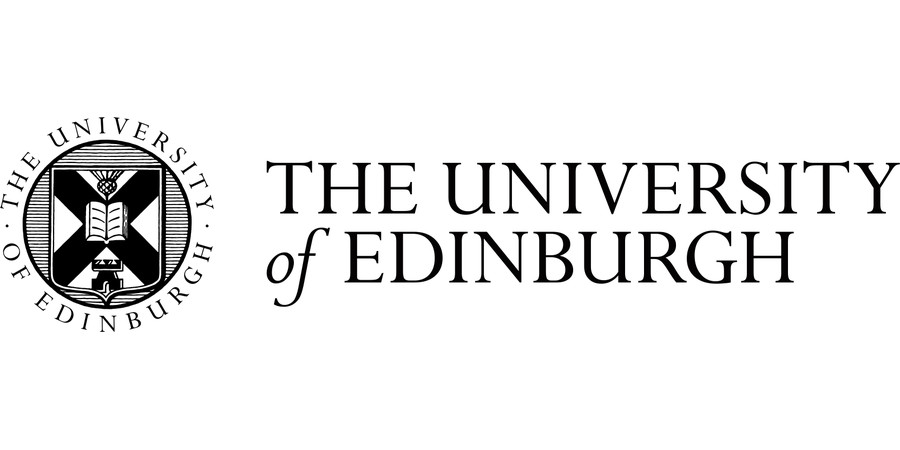PhD Studentship - EASTBIO - Peptide-based Precision Anti-infectives for Prophylaxis and Prevention of Foodborne Listeriosis
The University of Edinburgh
| Qualification Type: | PhD |
|---|---|
| Location: | Edinburgh |
| Funding for: | UK Students |
| Funding amount: | £5,000 - please see advert |
| Hours: | Full Time |
| Placed On: | 26th November 2025 |
|---|---|
| Closes: | 15th December 2025 |
Deadline: Monday 15th December, 2025. Competition funded PhD Project.
Supervisors: Prof. Jose Vazquez-Boland (The University of Edinburgh), Dr. Christopher R Coxon (The University of Edinburgh)
About the Project
Listeriosis, caused by Listeria monocytogenes, contaminates refrigerated ready-to-eat foods. It threatens the elderly, pregnant women, babies, and the immunocompromised, causing severe issues like meningoencephalitis and neonatal sepsis. It's the leading foodborne illness death cause in the West and the third most common bacterial brain infection. Current antimicrobial treatments are suboptimal, with 15–35% lethality and neurological sequelae in 14–40% of cases despite therapy. Managing exposed at-risk individuals is also challenging, as antibioprophylaxis can disrupt the microbiota and promote antibiotic resistance. New approaches are therefore needed to mitigate the risks associated with Listeria contamination in the food supply chain, prevent Listeria infection in vulnerable individuals, and improve clinical management of listeriosis. This PhD project aims to develop novel molecules usable across these three fronts, with a focus on application in the food industry.
Listeria infection depends on activation of its virulence regulator PrfA, a transcription factor that senses the host environment. PrfA function is essential for pathogenesis; its inactivation renders the bacterium harmless. This project will explore PrfA inhibition as an anti-Listeria strategy, building on the host group’s fundamental discoveries on the molecular mechanisms of PrfA regulation. The Vázquez-Boland group recently showed that PrfA’s transcriptional activity is inhibited by environmental oligopeptides, which compete with its activating cofactor, glutathione, for the same binding site. This mechanism has been characterised at atomic resolution via crystal structures of PrfA–peptide complexes.
Building on these findings, this PhD will develop peptide-based PrfA inhibitors as novel anti-Listeria agents. The project will leverages structural-functional data to design, synthesise, and evaluate these compounds in relevant experimental models, including food matrices. These innovative compounds have dual potential: (i) as Listeria-targeted food-safety additives that specifically neutralise Listeria virulence without affecting food properties; and (ii) as therapeutics to prevent or treat listeriosis without disrupting the microbiota or promoting antibiotic resistance.
This CASE-EASTBIO PhD studentship unites Edinburgh University with Campden-BRI-Group, an industry leader in food safety. You'll engage in interdisciplinary training across infection biology, microbial pathogenesis, chemical biology, and medicinal chemistry, gaining industrial experience in food safety and product development.
biology.ed.ac.uk/eastbio/how-to-apply
UKRI-funded studentships are available globally, covering UK tuition fees, a living stipend, and an annual £5,000 research grant for the first three PhD years. EASTBIO DTP limits international students to 30%. Eligibility criteria are as per UKRI guidance.
Apply Now:
- Visit the EASTBIO Webpage to download necessary documents.
- Submit your completed application, EDI survey, and academic transcripts to CIR.Postgraduate@ed.ac.uk by the deadline.
- Ensure references are sent to the same email using the provided form.
EASTBIO will hold online Q&A sessions in November/December 2025. Check the EASTBIO How to Apply webpage for details. Incomplete applications will not be considered.
Advert information
Type / Role:
Subject Area(s):
Location(s):









